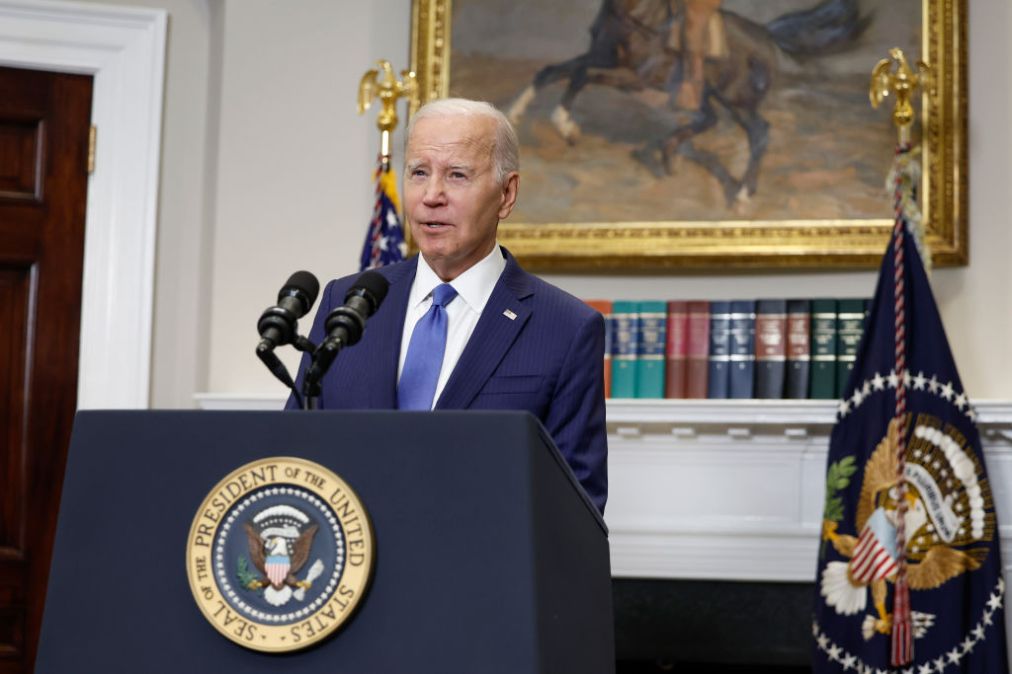NIST to seek input on White House strategy for emerging tech standards development

The National Institute of Standards and Technology plans to solicit public input on how the government might implement the Biden administration’s strategy for U.S. involvement in developing standards for emerging technologies, according to a federal notice.
Starting Thursday, the public will be able to respond to a request for information from NIST on how to implement the White House’s U.S. Government National Standards Strategy for Critical and Emerging Technology.
That document, published in May, outlined support for the development of international standards for technologies — like artificial intelligence, quantum IT, and semiconductors — and emphasized U.S. leadership in that process.
During the comment period, NIST, on behalf of the Department of Commerce and the federal government, will seek input on topics such as benefits and risks associated with increased U.S. participation in standards development for emerging technology and challenges faced by the private sector when participating in that development.
The comment period will last 60 days.
In its strategy, the Biden administration sought to “renew” U.S. commitment to a private sector-led approach to standards development, noting that the country “faces challenges to its longstanding standards leadership.”
“Strategic competitors are actively seeking to influence international standards development, particularly for [critical and emerging technology], to advance their military-industrial policies and autocratic objectives, including blocking the free flow of information and slowing innovation in other countries, by tilting what should be a neutral playing field to their own advantage,” the strategy said.
The strategy focused on four main areas for the U.S. government: investing in research to help guide standards discussions; working with the private sector and academia; educating and training the workforce; and supporting integrity and inclusivity of the international standards system.






